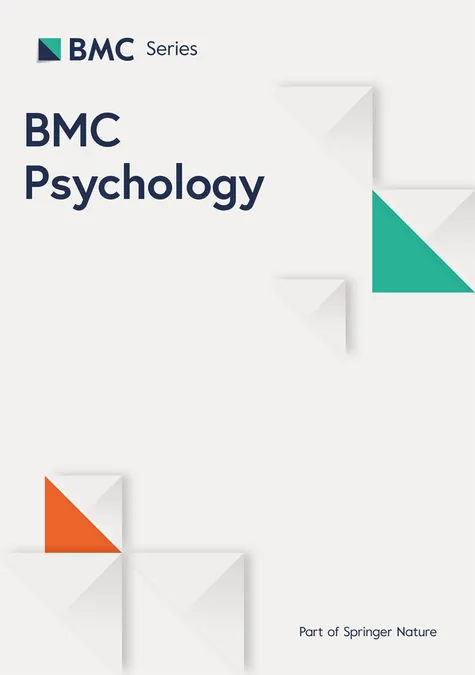
Why Caffeine at Night Could Be Sabotaging Your Sleep
2025-05-31
Author: Wei
The Ubiquitous Caffeine
Caffeine is part of our everyday lives, popping up in everything from morning coffee to evening sodas and energy drinks. But what if the drink that keeps us awake could also be ruining our sleep?
New Research Unveils Sleep Disruption
Recent research from the University of Montréal uncovers a startling truth: evening caffeine consumption may disrupt the brain's natural resetting processes during sleep. This groundbreaking study harnessed electroencephalography and advanced artificial intelligence to analyze how caffeine affects brain activity when it should be deep in restorative sleep.
Inside the Sleeping Brain
Led by doctoral trainee Philipp Thölke, the study involved monitoring the brain activity of 40 healthy volunteers. By comparing nights spent sleeping after caffeine versus a placebo, researchers identified significant changes in brain activity patterns.
Caffeine's Wakeful Effect
Findings showed that caffeine not only increased brain activity but also pushed it into a state of ‘criticality’—a balance between chaos and order that, while useful during the day, proves detrimental at night. "Caffeine keeps the brain alert and reactive, which interferes with the relaxing state needed for quality sleep," explained Julie Carrier, a co-author of the study.
Sleep Rhythms in Flux
Caffeine's influence extends to traditional sleep rhythms. EEG recordings revealed a suppression of slow theta and alpha waves—crucial for memory consolidation—during non-REM sleep, while faster beta waves, typical of waking mental activity, took their place.
Age Matters: Young Adults Most Affected
The research highlighted a striking difference in caffeine's effects based on age. Participants aged 20 to 27 showed the most significant changes, likely due to a higher number of adenosine receptors in their brains. As we age, the number of these receptors decreases, reducing caffeine's impact.
A Late-Night Espresso Could Cost You Sleep Quality
These findings serve as a cautionary tale for young professionals and students who might enjoy late-day lattes. It's evident that while caffeine keeps us alert, it can also plague our nighttime rest.
Looking Ahead: The Need for Nuanced Advice
As caffeine holds a near-universal grip on roughly 80% of adults, the authors urge for tailored recommendations instead of blanket rules. Future studies will delve into how caffeine-induced neural changes impact next-day performance and long-term cognitive health.
Conclusion: The Ongoing Impact of Caffeine
The research indicates that sleep is not merely a passive state but an active, vital process where the brain fine-tunes its function. As scientists continue to unravel how common substances like caffeine alter our brain's nighttime symphony, coffee lovers might soon have the tools they need to ensure they can savor their caffeine fix without sacrificing their precious sleep.
Published Findings
This compelling research has been published in the journal Nature Communications Biology.


 Brasil (PT)
Brasil (PT)
 Canada (EN)
Canada (EN)
 Chile (ES)
Chile (ES)
 Česko (CS)
Česko (CS)
 대한민국 (KO)
대한민국 (KO)
 España (ES)
España (ES)
 France (FR)
France (FR)
 Hong Kong (EN)
Hong Kong (EN)
 Italia (IT)
Italia (IT)
 日本 (JA)
日本 (JA)
 Magyarország (HU)
Magyarország (HU)
 Norge (NO)
Norge (NO)
 Polska (PL)
Polska (PL)
 Schweiz (DE)
Schweiz (DE)
 Singapore (EN)
Singapore (EN)
 Sverige (SV)
Sverige (SV)
 Suomi (FI)
Suomi (FI)
 Türkiye (TR)
Türkiye (TR)
 الإمارات العربية المتحدة (AR)
الإمارات العربية المتحدة (AR)